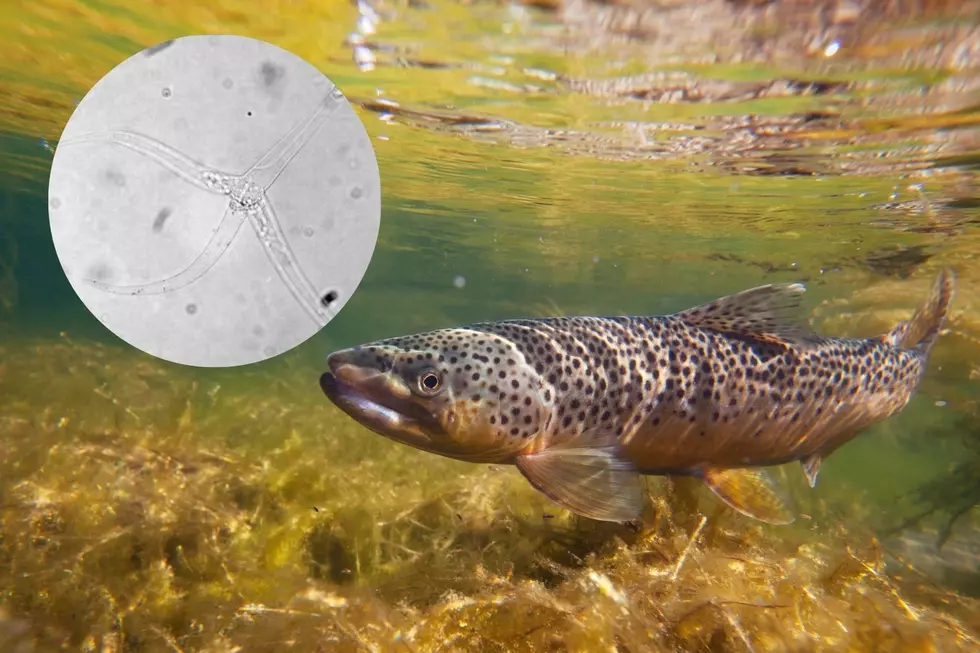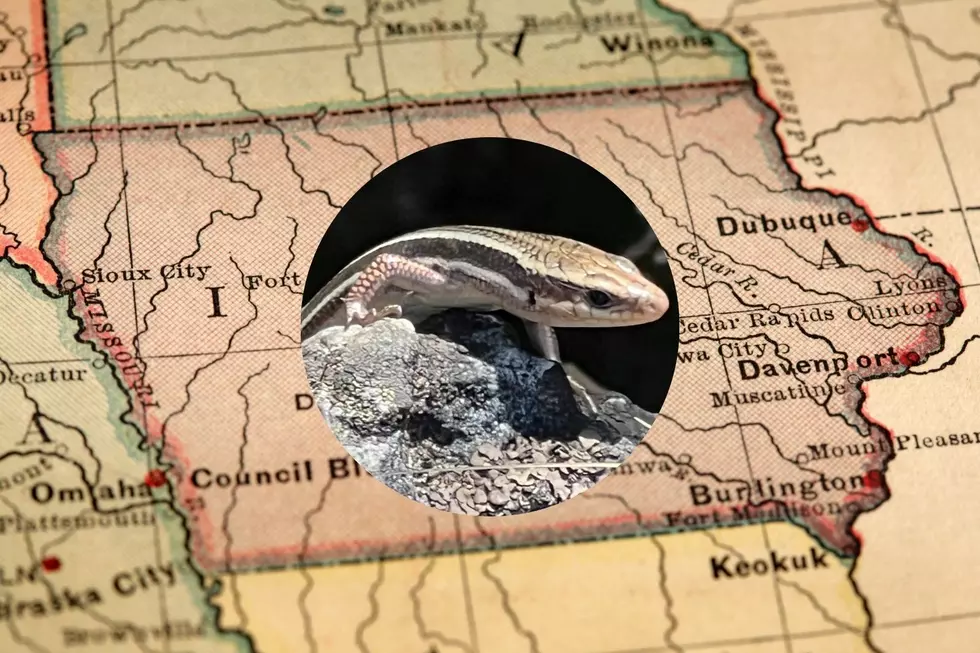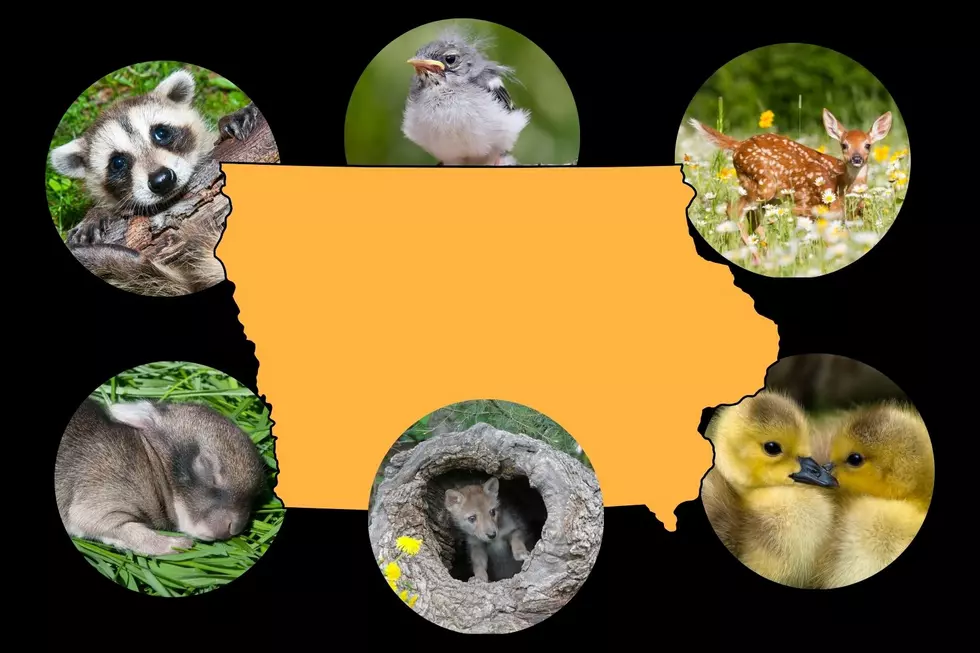
Devastating Parasite Newly Discovered in Wild Wisconsin Trout
Wisconsin's pristine waterways are vital habitats and cherished recreational spaces for anglers and boaters. However, recent findings have prompted the Wisconsin DNR to take a closer look at the health of these ecosystems. The discovery of Myxobolus cerebralis, in Elton Creek in Langlade County has raised concerns among environmental authorities and anglers across the state. This microscopic parasite is known to cause whirling disease in trout and salmon.
Myxobolus cerebralis poses a significant threat to Wisconsin's trout populations, particularly in Class 1 trout streams like Elton Creek. While the exact impact of the parasite remains uncertain, the potential for whirling disease to negatively affect trout and salmon populations is well-documented in other states. Symptoms such as blackened tails, skeletal deformities, and abnormal swimming patterns in affected fish serve as indicators for anglers to report potential cases to local fisheries biologists promptly.

To mitigate the spread of Myxobolus cerebralis, the Wisconsin Department of Natural Resources (DNR) has initiated a surveillance program to monitor trout populations in affected areas. Anglers play a crucial role in this effort by remaining vigilant for signs of whirling disease and promptly reporting any sightings. Additionally, anglers are urged to adopt precautionary measures to prevent the spread of the parasite, including thorough cleaning and disinfection of fishing gear after each use.
Understanding the life cycle of Myxobolus cerebralis is essential for effective management strategies. The parasite's complex life cycle involves both salmonid fish and tubificid oligochaetes, also known as segmented worms. Infection occurs when fish ingest spores released by infected worms or through penetration of the fish's skin by these spores. Once inside the fish, the parasite causes skeletal deformities and neurological damage, leading to the characteristic whirling behavior observed in affected individuals.
Proactive measures can help limit the spread and safeguard Wisconsin's waterways. Anglers are encouraged to wear rubber-bottomed boots or waders and thoroughly clean their gear streamside, removing all water, aquatic vegetation, and mud to prevent the spread of the parasite. Proper equipment drying is also essential to eliminate any remaining spores before reuse.
Furthermore, responsible disposal of fish tissue and by-products is crucial to prevent the spread of aquatic invasive species and other fish diseases. Myxobolus cerebralis has proven resilient, with spores surviving freezing temperatures and passage through the digestive systems of predators. Additionally, Myxobolus cerebralis does not affect humans, or domestic pets like dogs or cats, only salmon and trout.
While the discovery of Myxobolus cerebralis in Wisconsin's waterways presents challenges, it also underscores the importance of proactive management and conservation efforts. By working together to monitor, prevent, and mitigate the spread of this parasite, anglers and environmental authorities can help protect Wisconsin's trout populations and preserve the integrity of its aquatic ecosystems.
LOOK: Here are the pets banned in each state
Gallery Credit: Elena Kadvany
LOOK: Stunning animal photos from around the world
Gallery Credit: Nicole Caldwell
More From Eagle 102.3









